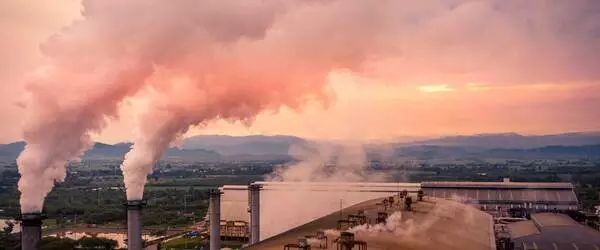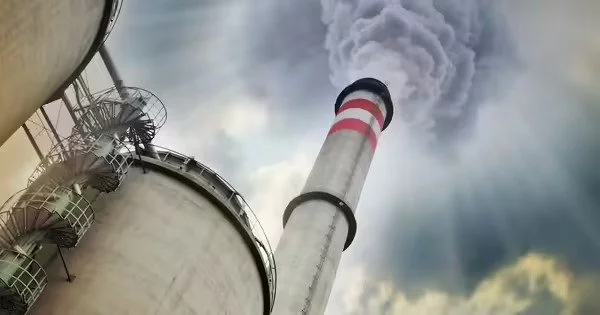Significant reductions in global greenhouse gas emissions are still possible through a combination of technological advancements, policy changes, and shifts in consumer behavior. Some examples of actions that can help reduce emissions include increasing the use of renewable energy sources, implementing carbon pricing mechanisms, and improving energy efficiency in buildings and transportation. Additionally, changes in lifestyle such as reducing meat consumption, waste reduction, and more sustainable travel options can also make an impact. It is important for governments, businesses, and individuals to work together to take action to address climate change.
A quarter of the world’s electricity is currently generated by natural gas-fired power plants. These significantly contribute to global greenhouse gas emissions (amounting to 10% of energy-related emissions in 2017, according to the most recent figures) and climate change.
A McGill-led team, which included researchers from Carnegie Mellon, Johns Hopkins, the University of Texas (Austin), and the University of Maryland, estimated that total global carbon dioxide (CO2) emissions from the life cycle of gas-fired power are 3.6 billion tonnes per year by gathering data from 108 countries around the world and quantifying emissions by country. They discovered that if a variety of mitigation options were used globally, this amount could be reduced by up to 71%.
We were astonished by how large the potential reduction in greenhouse gases could be by 2050, and even by 2030. If natural gas is going to play a role in a low-carbon future, even for a transitional period, there will be a need to improve efficiency in power plants and to cut methane emissions from natural gas production as well as to capture and store CO2.
Sarah Jordaan
More efficient plants could reduce greenhouse gases significantly
“We were astonished by how large the potential reduction in greenhouse gases could be by 2050, and even by 2030,” says Sarah Jordaan, an associate professor in the Department of Civil Engineering and the Trottier Institute in Sustainability in Engineering and Design at McGill University and the first author on the paper which was recently published in Nature Climate Change. “If natural gas is going to play a role in a low carbon future, even for a transitional period, there will be a need to improve efficiency in power plants and to cut methane emissions from natural gas production as well as to capture and store CO2.”
“We found that the most effective way to reduce greenhouse gas emissions was with carbon capture and storage, followed by making power plants more efficient,” added Andrew Ruttinger, a Ph.D. student at Cornell University in Chemical and Biomolecular Engineering who participated in the research. “But the mitigation options that will be most successful in any given country will vary depending on the regional context and the existing infrastructure.”

Identifying drivers of emissions gives the government tools to take action
The team calculated that the largest mitigation potential (39%) lies with the five biggest emitters, the United States, Russia, Iran, Saudi Arabia, and Japan, all of whom, apart from Japan, are among the largest gas producers and consumers around the world.
“Climate change is a global challenge and achieving a low-carbon energy system points to the need for reducing emissions across the supply chain from gas extraction through end use,” said Arvind Ravikumar, a research associate professor in the Department of Petroleum and Geosystems Engineering at the University of Texas at Austin. “Our analysis demonstrates that significant efforts are needed to transition from current emissions levels, but also that by identifying the drivers of emissions in the gas supply chain, governments can take strategic, nationally-determined action to reduce their emissions.”
















